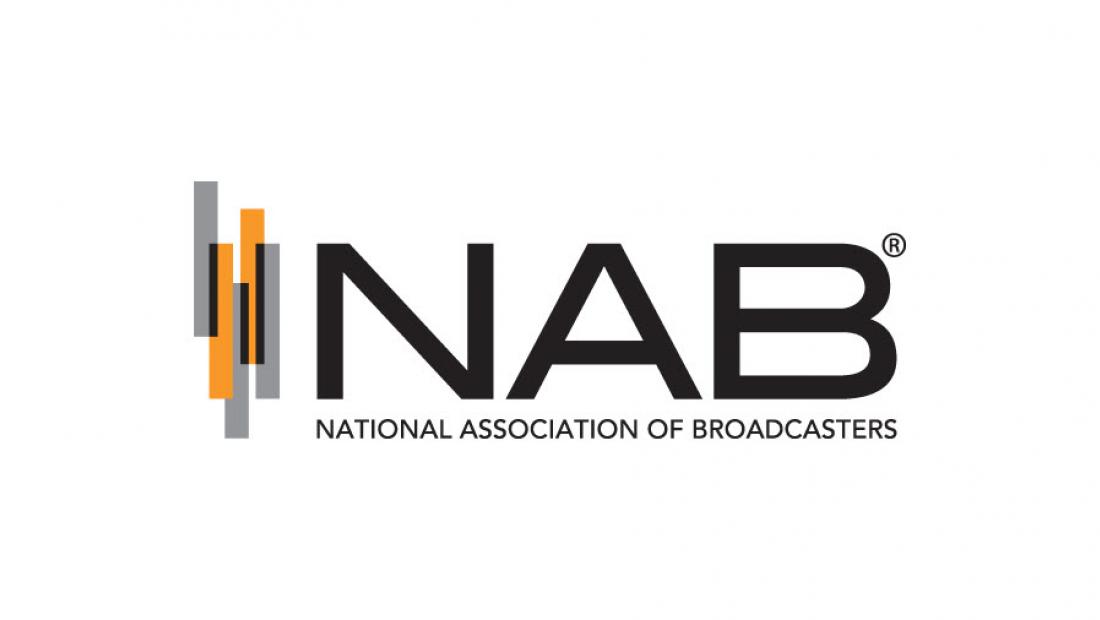NAB: FCC Spectrum Plan Could Hurt ENG at Crucial Time

The smarter way to stay on top of broadcasting and cable industry. Sign up below
You are now subscribed
Your newsletter sign-up was successful
Broadcasters are giving new meaning to the phrase "dynamic spectrum access" in arguing that an FCC proposal to free up WiFi spectrum in the 6 GHz band could take away electronic newsgathering spectrum just when a pandemic-sequestered nation needs it most.
That came in phone calls last week between National Association of Broadcasting executives and FCC officials.
An item on the 6 GHz band sharing plan is on the agenda for the April 23 meeting, but since that will be a virtual meeting, it will likely be voted beforehand as was the case with all the items at the FCC's March meeting, which was also a virtual meeting with all items voted beforehand.
Related: FCC Proposes Opening Up Entire 6 GHz Band for Unlicensed
The FCC is planning to open up the 6 GHz band for 5G wireless but hasn't yet concluded t how and how much. NAB said it has a plan for sharing, but not the one the FCC is contemplating. The FCC's approach, NAB suggests, could have dire consequences.
"In the face of a public health emergency and an evolving economic crisis, it has rarely been more critical to ensure that the nation’s broadcasters have the tools they need to cover complex and dynamic news," the execs told the FCC officials, including top commissioner staffers, according to an FCC document. "One of the most important of those tools is spectrum necessary to cover news events, including 6 GHz spectrum. Unfortunately, the draft order in this proceeding leaves open the possibility that this tool may effectively be taken away when broadcasters and their viewers need it most."
While the FCC's draft says that there is an "insignificant risk" to incumbent broadcast newsgathering operations, NAB said the FCC does not suggest how it drew that conclusion, or performed any independent analysis, or even what an insignificant risk is, interference .1% of the time, or 1% or 10%?
The smarter way to stay on top of broadcasting and cable industry. Sign up below
NAB said the FCC should exclude unlicensed use in the 100 MHz being used by ENG, which would leave it 1,100 MHz of spectrum for WiFi to share. But it also concedes that the FCC wants to free up 160 MHz channels, and as many as it can, so NAB says it could live with seven of those for unlicensed sharing (1,120 MHz), leaving ENG with 80 MHz at the top of the band not authorized for unlicensed, or even 80 MHz somewhere else in the band if necessary.
Contributing editor John Eggerton has been an editor and/or writer on media regulation, legislation and policy for over four decades, including covering the FCC, FTC, Congress, the major media trade associations, and the federal courts. In addition to Multichannel News and Broadcasting + Cable, his work has appeared in Radio World, TV Technology, TV Fax, This Week in Consumer Electronics, Variety and the Encyclopedia Britannica.

